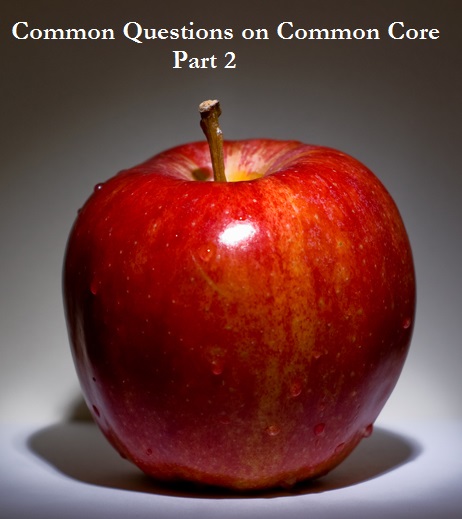By Megan Poinski
Megan@MarylandReporter.com
 Although many economists, experts, unions and small businesses urged the House Ways and Means Committee to institute combined reporting for more equitable corporate taxes, delegates seemed skeptical of the taxation method.
Although many economists, experts, unions and small businesses urged the House Ways and Means Committee to institute combined reporting for more equitable corporate taxes, delegates seemed skeptical of the taxation method.
CLARIFICATION: Combined reporting is a complicated method of calculating corporate taxes based on a single fraction for a group of corporations rather than each corporation calculating its own fraction of income that is deemed related to Maryland. It would shift businesses’ tax liabilities because of the new way income would be measured.
The Business Reform Tax Commission, created in 2007, spent two years studying different ways to fairly assess corporate taxes. Members spent a lot of time looking into combined reporting, and in November voted overwhelmingly against recommending it to the General Assembly.
According to studies done by the Comptroller’s Office, if combined reporting had been instituted in 2006, the state would have made $100 million more in corporate taxes. However, with combined reporting in 2008, the state would have seen between $13 and $51 million less in revenues. According to the fiscal and policy note included with the bill, the state could make $32 million more in corporate income taxes in 2012.
The bill’s primary sponsor, Del. Justin Ross, D- Prince George’s County, said that combined reporting would create more equity and fairness for corporate taxes in the state. More than half of U.S. corporations are familiar with and utilize combined reporting, Ross said.
Del. Tom Hucker, D- Montgomery County, has also been a primary supporter of combined reporting. He shared some sobering financial statistics.
“We have a huge budget deficit, we’re struggling with cuts, yet 47 of the 100 biggest companies did not pay taxes in Maryland,” he said.
Michael Mazerov of the Center on Budget and Policy Priorities added more statistics to support implementing combined reporting. Some of the largest multi-state businesses in Maryland are utilizing creative accounting to get out of paying taxes to the state, he said. Meanwhile, 108 of the state’s largest 120 businesses are also located in states using combined reporting. Just over half of the states with corporate income taxes use combined reporting to assess and collect corporate taxes.
Delegates who asked questions about the bill seemed skeptical of combined reporting. Del. Andrew Serafini, R- Washington County, said that he had heard many of the creative accounting loopholes to get out of paying taxes had been closed through legislation. He also placed stock in the Business Tax Reform Commission’s report.
“After two years of study, they don’t think they should go forward with this,” Serafini said. “Any reason why we should?”
Del. Kumar Barve, who served on the commission and made the motion not to recommend combined reporting, pointed out that there are several multi-state companies that do pay corporate taxes to Maryland. He also said that combined reporting tends to hurt the state’s tax collections when the economy is down, according to studies done by the comptroller.
Many other witnesses asked delegates to give the bill an unfavorable recommendation. Gene Burner, president of the Manufacturers’ Alliance of Maryland, said that if combined reporting would just close loopholes, the bill would have no “winners.”
Ron Wineholt of the Maryland Chamber of Commerce said the bill would put Maryland at too much of a competitive disadvantage with other states vying to attract business and industry.
“We think it’s a bad time and a bad policy,” he said. “We suggest an unfavorable report.”
A companion bill is awaiting action in the Senate Budget and Taxation Committee.






Recent Comments